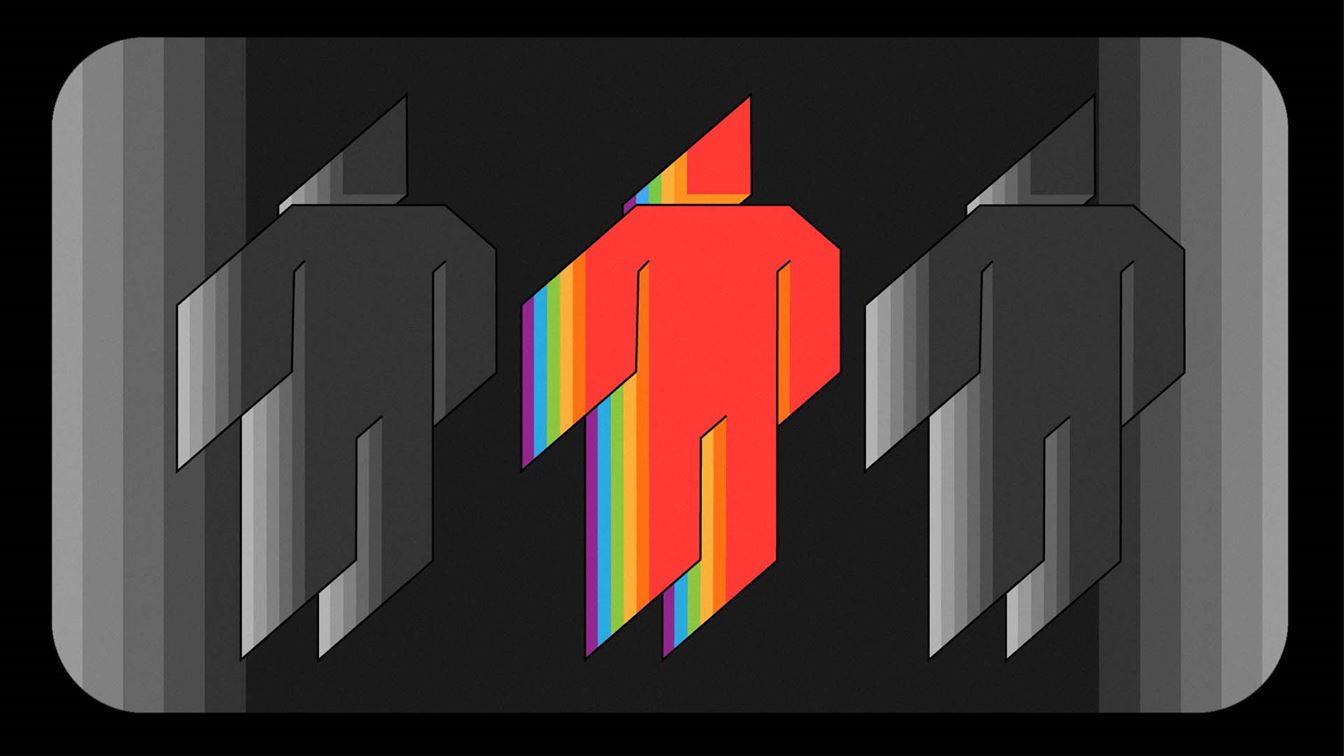The transformation society has gone through in the last few decades is remarkable. Those who were once discriminated against are now celebrated through many forms of media and in real life.
While there has been an overall greater acceptance for the LGBTQIA+ community, Hollywood and the world still have a long way to go before homophobia is eradicated.
How do we improve the lives of those discriminated against when they face lingering effects of decades upon decades of homophobia?
One of the biggest problems for the LGBTQIA+ community is that they are still treated as taboo or inappropriate. This prejudice comes from the same parents that let their children watch Andre and his girlfriend makeout for an entire episode of “Victorious” on Nickelodeon.
I remember seeing that scene as a child and thinking how weird it was at the time. No one can tell me “Victorious” was for teens when I was one of the hundreds of 8-year-olds attending the Victoria Justice concert. Clearly, the show was targeted toward young kids.
Looking back, there were plenty of scenes in shows targeted toward kids that had many scenes of a sexual nature. Whether it was romance or a joke that flew over our heads, most kids are already exposed to adult themes from a young age.
So, what makes a happy and loving queer couple on TV too inappropriate for children?
I don’t know if people are aware of this, but straight couples engage in adult activities just as much as same-sex couples. The only difference between the two is the fact that one couple just happens to be attracted to the same gender as each other.
For far too long, the world has been poisoned with the prejudice that a queer couple is somehow scandalous rather than just two people in love.
The LGBTQIA+ community is no less appropriate than heterosexual lifestyles for kids to be exposed to, and all kinds of love are completely normal and natural. Representing different walks of life other than straight and cisgender ones in kids’ media is important in order to teach future generations that everyone should be accepted and equal.
Not only will it help the next generation of youth to be more accepting and loving, but it will also do wonders for kids and young teens in realizing who they are.
It can be hard to see how important representation is to somebody when you already have thousands of characters that relate to and look like you. Nobody wants to feel like their existence is a forbidden secret.
Before anyone asks “Won’t that just confuse them?” No, it won’t do any harm to your children.
If anything, hypothetically, an 11-year-old girl may be confused and ashamed that she has a crush on Jade rather than Beck. Then she thinks, “But Jade likes boys, so why do I like her and not Beck?”
I’m no parent, but I’d rather have a children’s network explain to my kid about having crushes on the same gender than anything they may find on the internet, which sadly is what a lot of kids have to explore to solve their inner conflict, and the internet isn’t as PG as a Disney show.
We should be giving kids a safe and appropriate introduction to the magic of love and self-expression while showing them what the world is really like outside their homes. I’ve been especially ecstatic to see Disney showcasing and appreciating a variety of cultures in their animated movies.
Every child deserves to be seen and appreciated by the media and toys they enjoy. I hope that with more support and representation, kids of all kinds feel empowered to find love for themselves.



